Children grow up day by day, from babbling to tottering and learning to walk. In a twinkling of an eye, children will enter the park.
If you want your baby to adapt to kindergarten life early and have basic self-care ability, we parents cannot ignore the cultivation of your baby’s daily living habits.
Good habits can not only let children know how to dress, how to tidy up their own things, and what kind of things to do during what time, but also lay the foundation for the baby’s self-care ability and cultivate a child with strong independence.
How to cultivate the baby’s good habits? Today, we will invite Bei Ma to talk about it.
In 1978, Nobel laureate in physics Kapica was asked by a reporter: “Which university and laboratory did you learn what you think is the most important?” ]
Unexpectedly, the white-haired old man replied:
It was in kindergarten.
Give half of your belongings to your friends. Don’t take things that are not your own. Put them neatly. Wash your hands before eating. Apologize for what you have done wrong.
Rest after lunch, study, think more, and observe nature carefully.
Basically, that’s all I’ve learned.
Early childhood is the key period to construct internal rules, laying the foundation for participating in the collective learning environment.
Most of the time, living habits and learning habits are superimposed. In the stage of 0 ~ 6 years old, it is more important to form habits than to rush for knowledge.
Today, let’s talk about what good habits parents should help their children form before school age.
Develop a fixed work and rest habit

Preschool children need to play to release their nature, but they also need some constraints in the process of children’s action exploration. Regular healthy work and rest will make children feel more secure.
Children should understand before going to school that what time does what’s work. They should do what first and then what. How long will they do one thing and what will happen if they cannot finish it?
For example, in our family’s sleep process at night, children are usually allowed to play freely for a while, then wash their faces and brush their teeth, read stories, and finally go to bed.
Sometimes, when children encounter favorite toys or games, they will want to play them indefinitely.
At this time, I will tell him: [You can play this game for a while, but there will be no time to tell stories tonight].
Slowly, he began to understand the limitation of time. Two things he likes equally need to be chosen by allocating time.
By establishing reliable daily practices for children, it will be easy to change various activities in family life.
Children who are accustomed to a fixed schedule will have a more orderly sense of study and know how to allocate time for play and study.
The concrete flow chart is an auxiliary tool that can help children aged 0-3 to establish a sense of order. With this good morning/good night flow chart, children can know the sequence of some activities.
As a reward, each time we complete a task, we can stick a small sticker at the corresponding position on the flow chart.
For the convenience of everyone, Clove Mother’s education and design team has specially designed a set of good morning/good night process pictures. At the end of the article, you can download the original high-definition pictures.
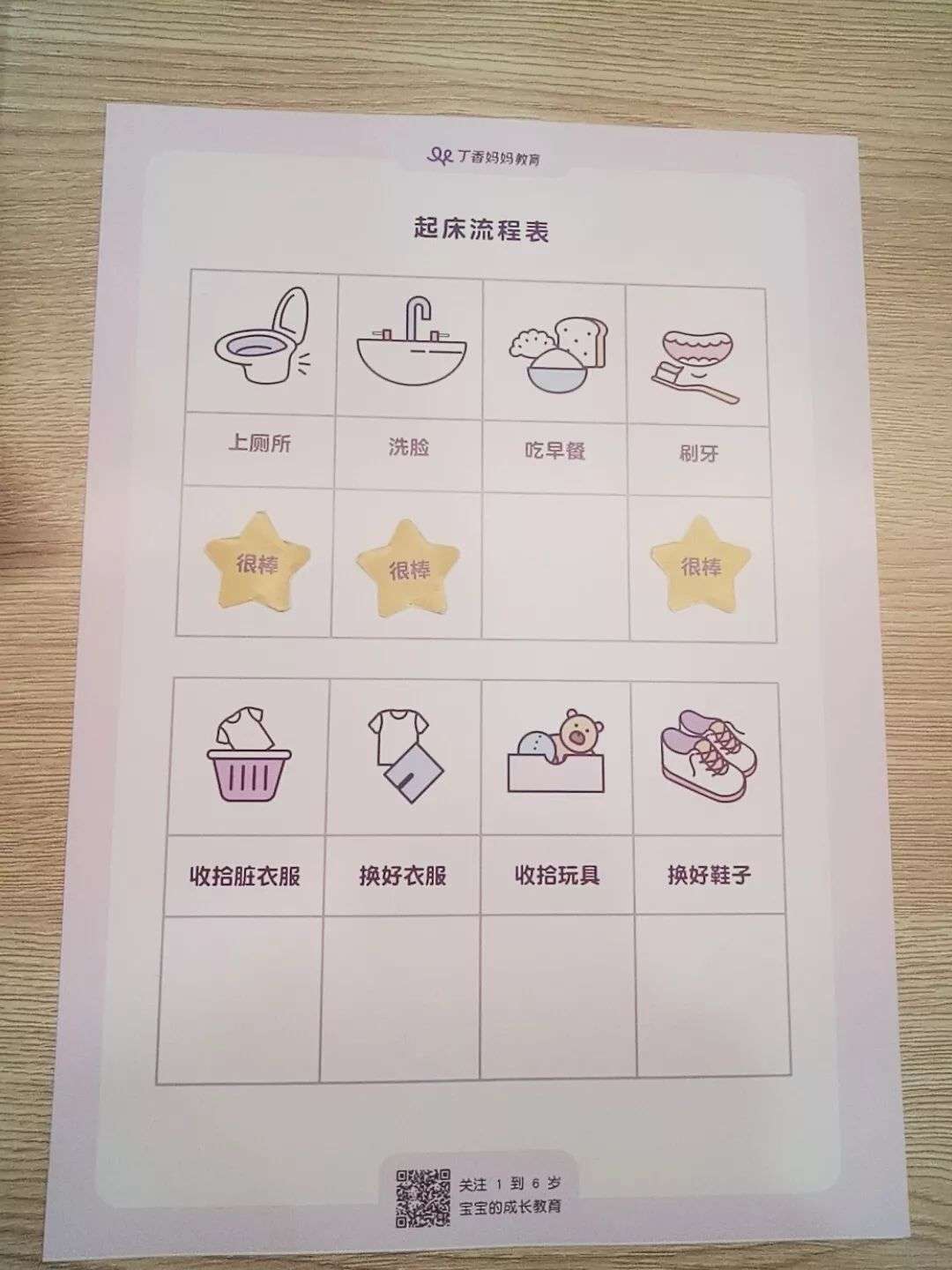
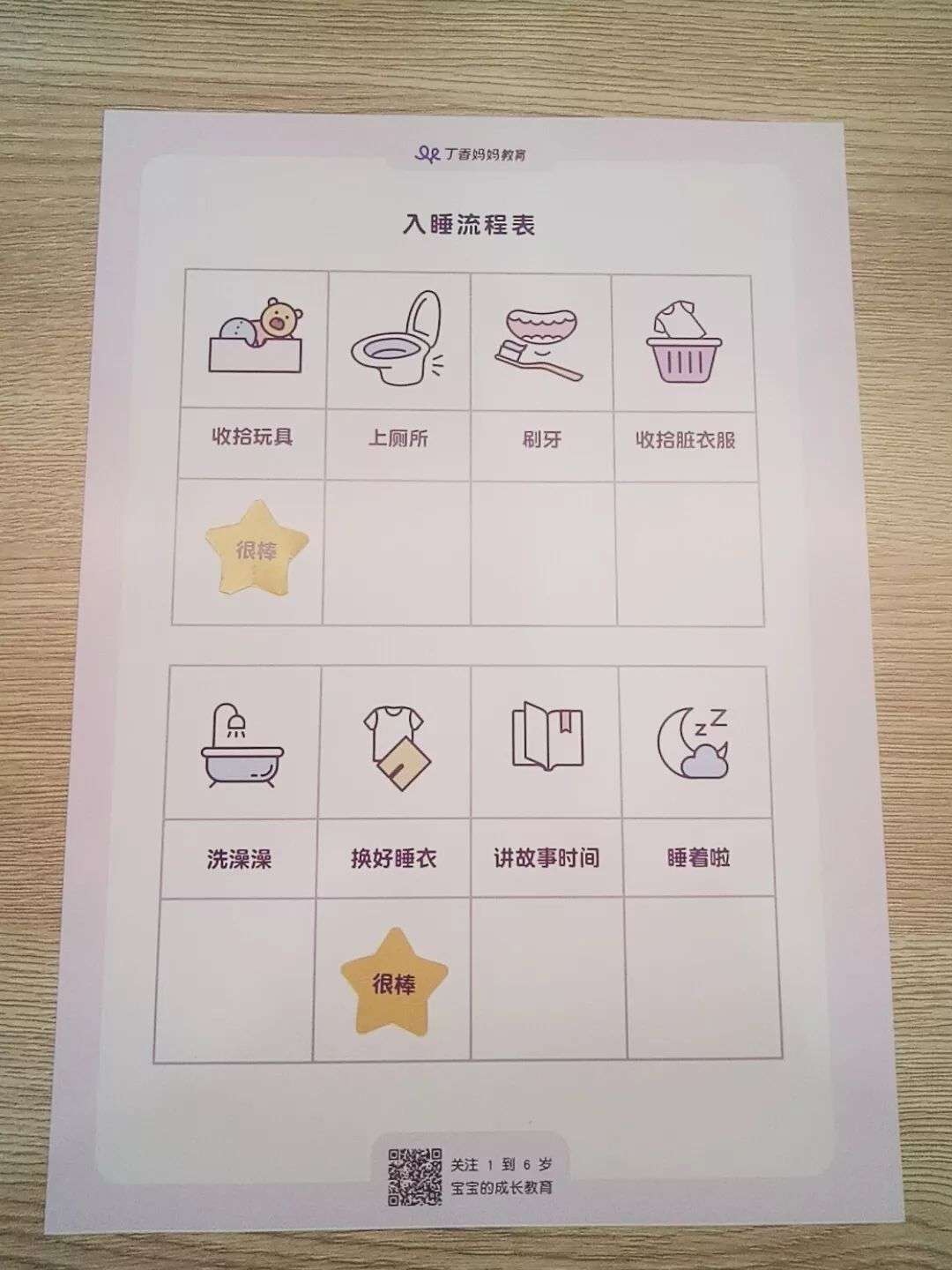
Encourage children to participate in household chores.
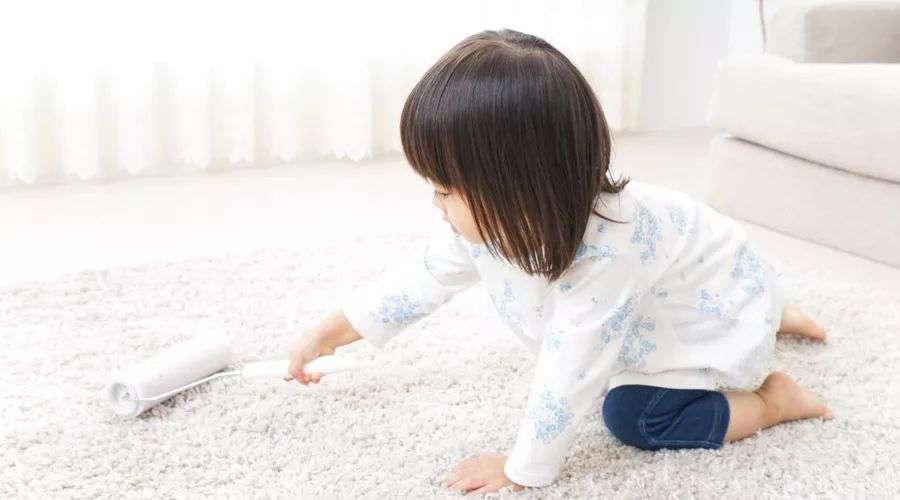
There are many elders who take their children with them and will think that letting children do housework is [making trouble]. However, preschool children are always interested in things in life.
Maybe they don’t do it perfectly, but they will find pleasure in doing household chores and exercise their flexibility in the process.
My child is now 3 years old. From the age of 1.5, I will invite him to tidy up toys, throw rubbish and clean the table with me.
The following is a table of housework that children of different ages can complete. Parents can compare and let their children exercise freely.
The housework watch is specially designed by the clove mother’s education and design team. It is a unique housework watch for the baby and can be downloaded at the end of the article.
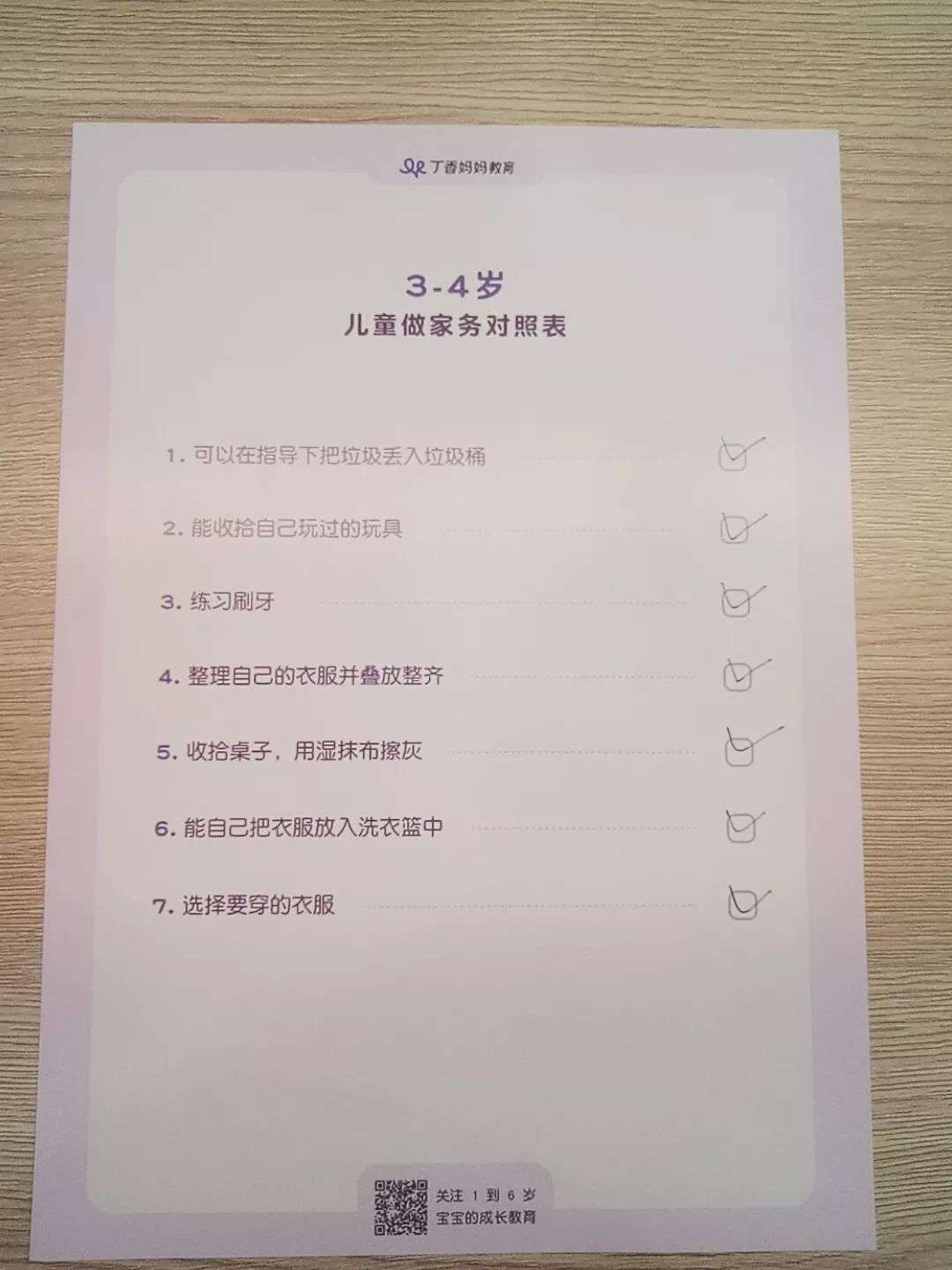
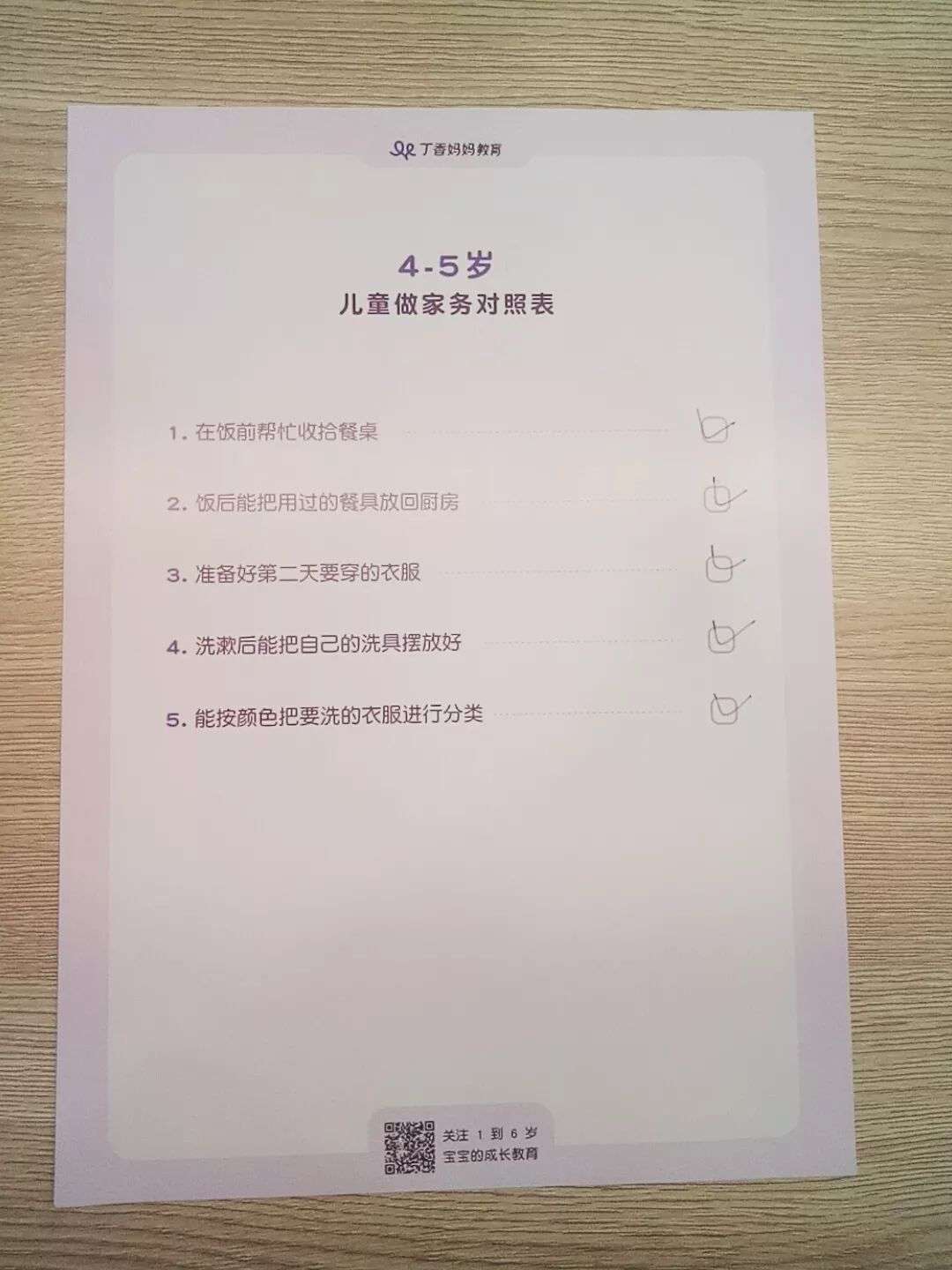
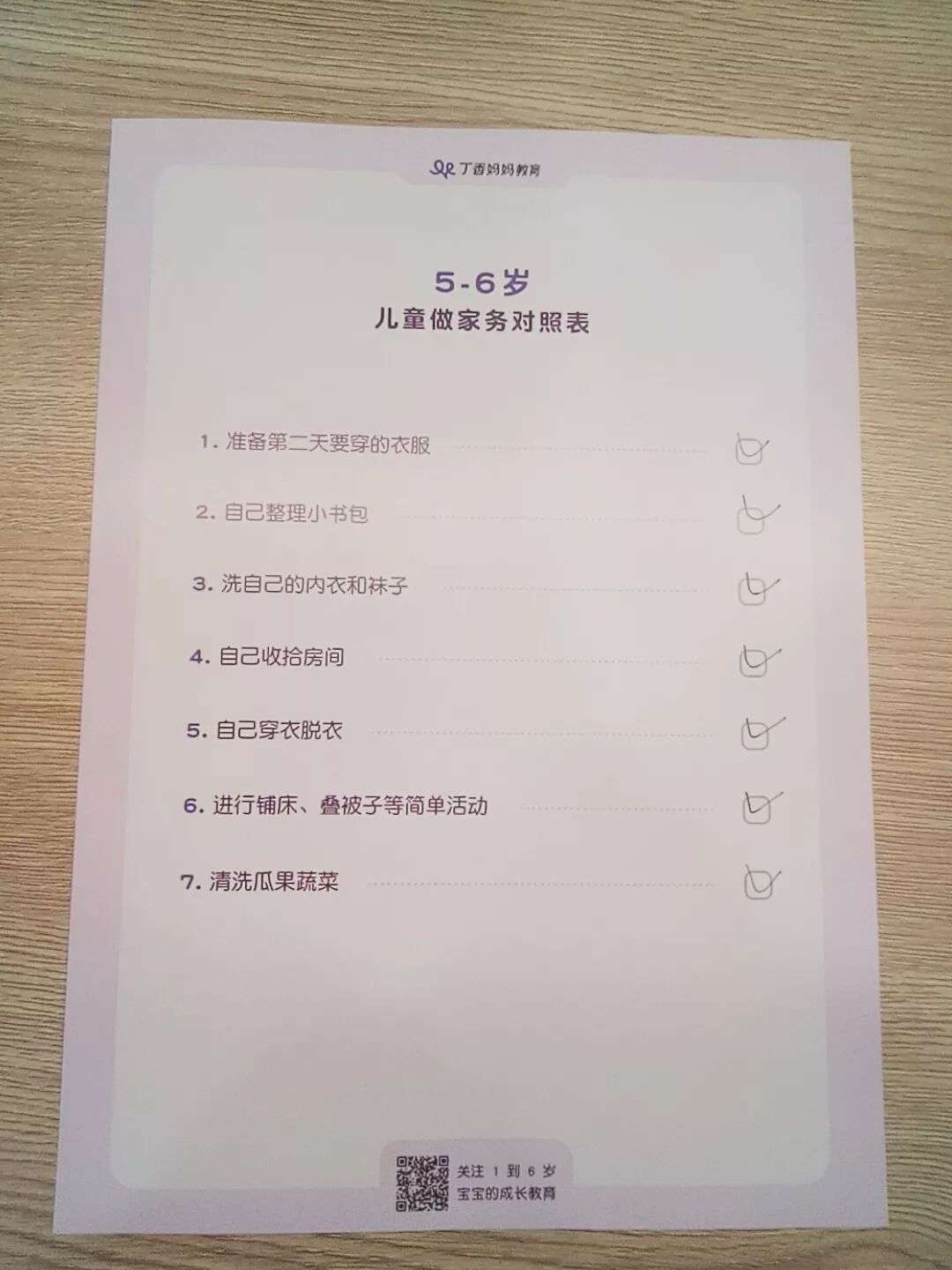
Concentrate on one thing

After their children enter school, some parents often worry because their children’s concentration is not enough.
In class, I glance left and right, and my thoughts wander away. Sometimes I can’t hear or remember the learning tasks assigned by the teacher. When doing homework, I sat in a chair for less than 5 minutes. I got up to drink water and go to the toilet. I shouted that the pen was not useful and I wanted to eat when I was hungry.
In fact, good concentration is not formed at once, but needs to be cultivated from an early age.
For example, when your baby is a child playing with toys or watching cartoons, it is a good time to cultivate concentration.
Some parents think that children’s play is not an important thing in what and keep interrupting their children. Over time, it is easy to shorten children’s continuous work and lose interest in creative tasks.
In fact, when children concentrate on doing a thing, it is a process of learning and exploration, especially playing with toys, drawing pictures, etc. This is a creative process for them, and our parents should try their best not to disturb them.
Learn to be patient and listen to others
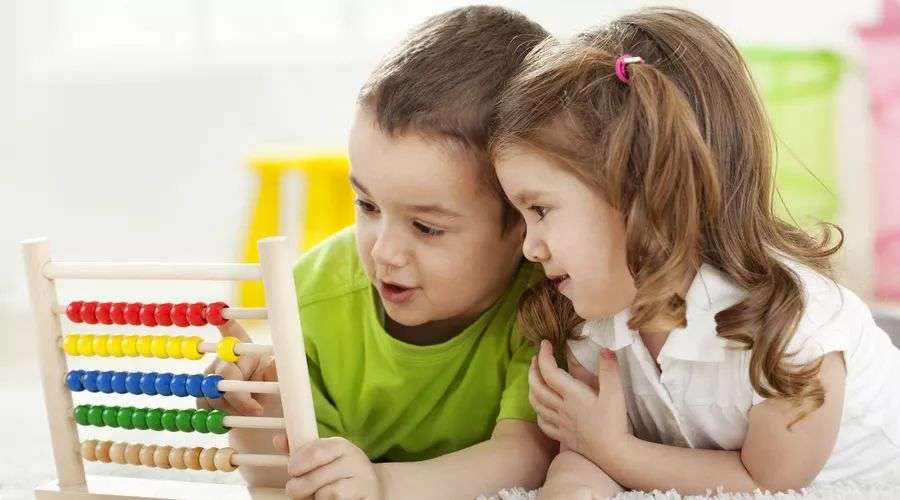
In school, teachers will ask questions and interact with children. In the process, a child who cannot listen will lose a lot of information.
Therefore, learning to listen patiently to others is also a good habit that needs to be cultivated in advance.
[Listening and Coloring] is a very interesting little game to train listening ability. We can print out the following interactive template so that children can complete the corresponding tasks on paper according to our instructions.
For example, we can issue instructions, [please paint the floor yellow]
For example, [read the English letters above the blackboard and color them]
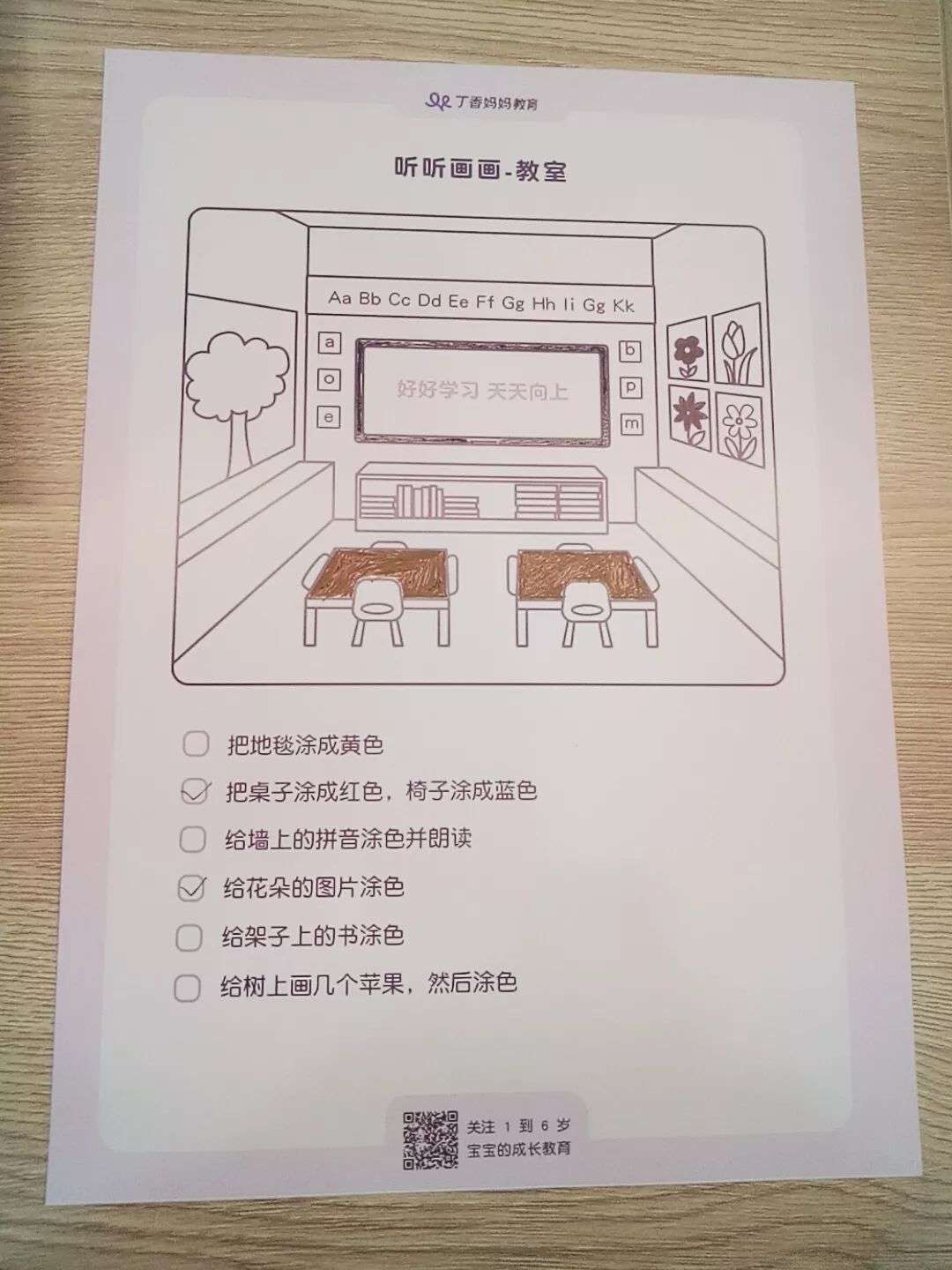
The process of playing games not only achieves the purpose of playing and relaxing, but also cultivates children’s listening ability.
In short, knowledge can never be learned, but once good habits are formed, they can make future learning efficiency get twice the result with half the effort.
However, the formation of good habits is not an overnight thing. It requires our parents to practice and accompany them carefully.
From now on, patiently guide children to cultivate these small habits.
